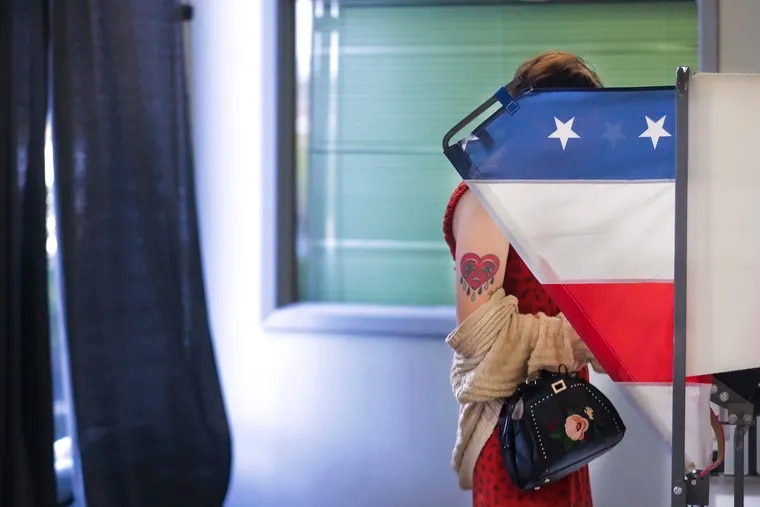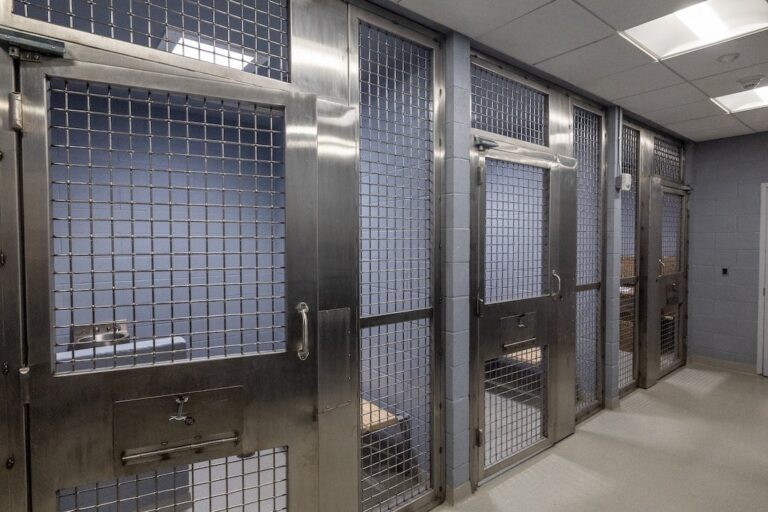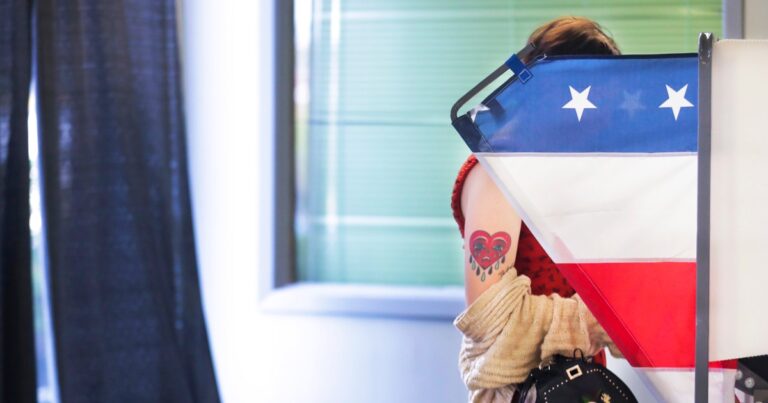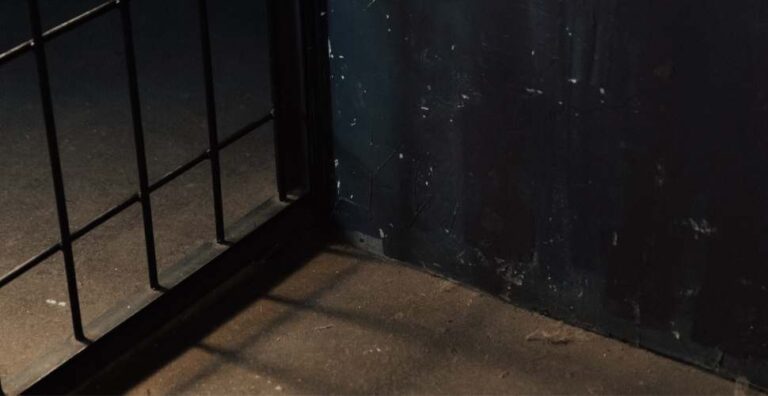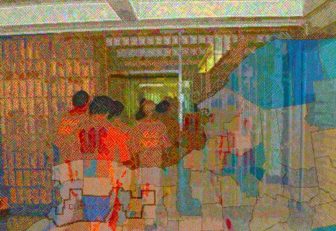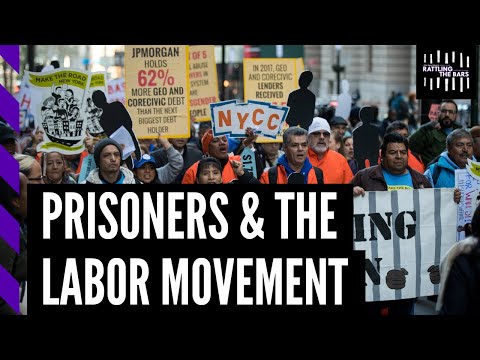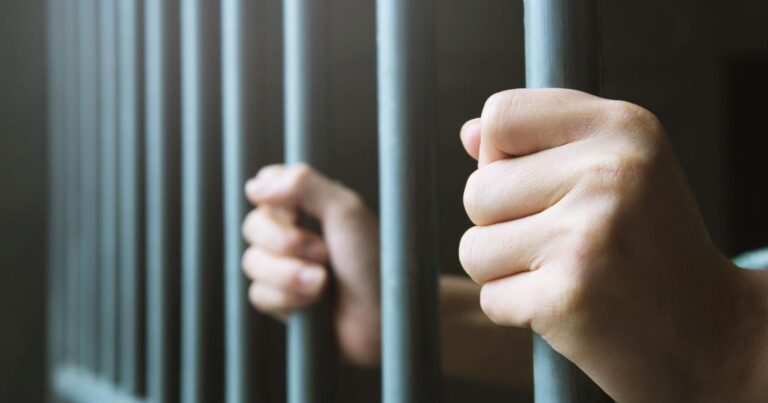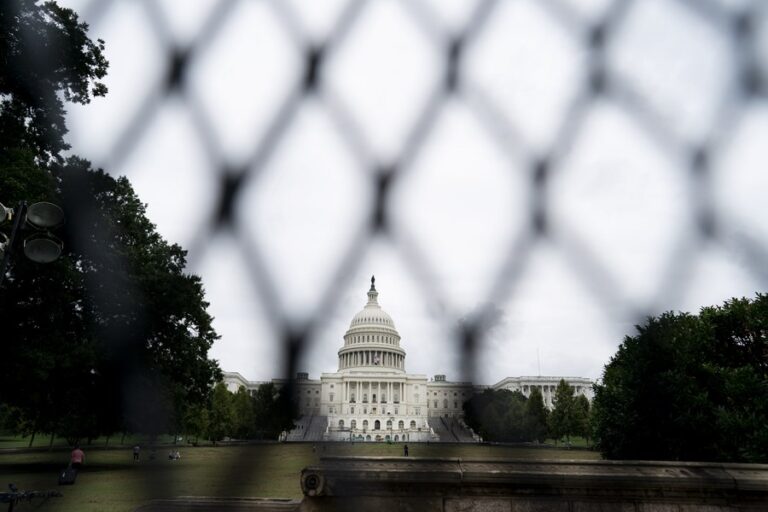Slavery rejected in some, not all, states where on ballot
Voters in four states have approved ballot measures that will change their state constitutions to prohibit slavery and involuntary servitude as punishment for crime, while those in a fifth state rejected a flawed version on the question. The measures approved Tuesday could curtail the use of prison labor in Alabama, Oregon, Tennessee and Vermont. In…

